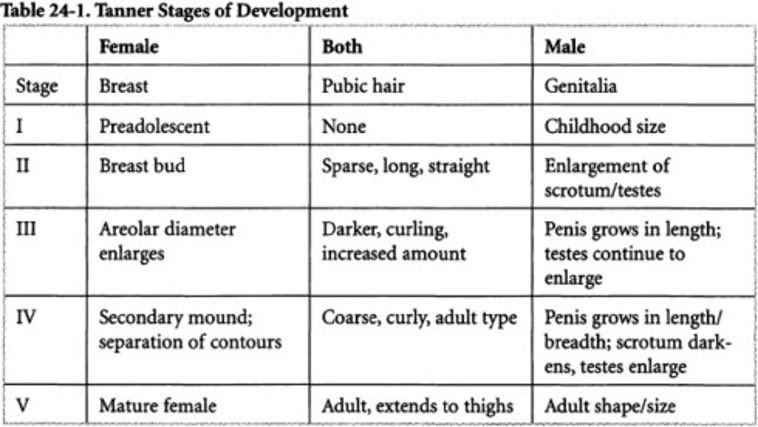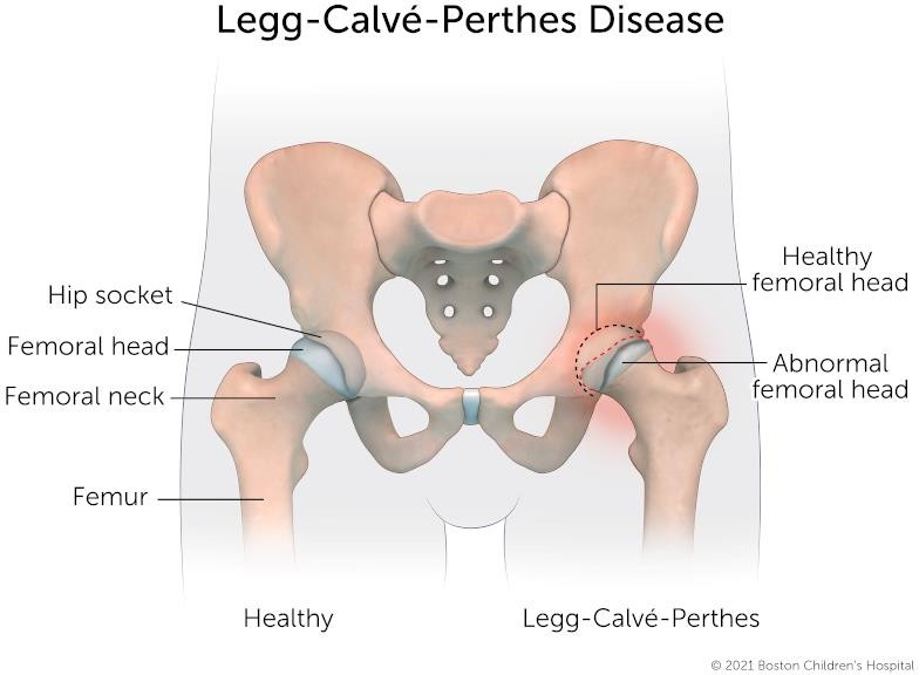What is the priority nursing goal for a 14-year-old with Graves' disease?
Verbalizing the importance of adherence to the medication regimen
Developing alternative educational goals
Allowing the adolescent to make decisions about whether or not to take medication
Relieving constipation
The Correct Answer is A
Graves' disease is an autoimmune disorder that affects the thyroid gland and results in the overproduction of thyroid hormones. Treatment for Graves' disease typically involves medications to regulate thyroid function. Adherence to the medication regimen is crucial for managing the disease and controlling symptoms.
By prioritizing the goal of verbalizing the importance of adherence to the medication regimen, the nurse aims to educate the adolescent about the significance of taking medications as prescribed. This education can help the adolescent understand the impact of medication non-adherence on their health and encourage them to actively participate in their treatment.
, developing alternative educational goals in (option B) is incorrect because it, is not directly related to the management of Graves' disease and its treatment.
allowing the adolescent to make decisions about whether or not to take medication in (option C) is incorrect because it, is not appropriate for a condition like Graves' disease where medication adherence is necessary for disease management. In this case, the nurse should focus on providing education and support to help the adolescent understand the importance of medication compliance.
relieving constipation in (option D) is incorrect because it, may be a consideration if constipation is a symptom experienced by the adolescent with Graves' disease. However, it is not the priority nursing goal as compared to ensuring adherence to the medication regimen, which directly addresses the management of Graves' disease.
Nursing Test Bank
Naxlex Comprehensive Predictor Exams
Related Questions
Correct Answer is B
Explanation
The statement that best describes Tanner staging is option B. Tanner staging is a system used
to classify and assess the progression of puberty based on the development of both primary
and secondary sexual characteristics. It provides a framework for evaluating the physical
changes that occur during puberty, such as breast development in females, testicular
enlargement in males, pubic hair growth, and other secondary sexual characteristics. The
Tanner staging system includes several stages that represent the sequential progression of
puberty in individuals.
staging of puberty based on the initiation of primary sexual characteristics in (option A) is not
correct because it, does not encompass the full scope of Tanner staging, as it does not
consider the progression of secondary sexual characteristics.
staging of puberty based on the initiation of menarche (the onset of menstruation) and
nocturnal emissions, in (option C) is not correct. While menarche and nocturnal emissions are
significant events that occur during puberty, they do not encompass the entire Tanner staging
system, which involves a broader range of physical changes.
predictable stages of puberty based on chronologic age, in (option D) is not correct. Tanner
staging is based on the progression of physical changes and sexual maturation, rather than
being solely determined by chronological age. Puberty can vary in onset and duration among
individuals, making chronological age an unreliable indicator of pubertal development.

Correct Answer is B
Explanation
Legg-Calve-Perthes disease, also known as Perthes disease, is a childhood condition that affects the hip joint. It occurs due to a disruption in the blood supply to the femoral head (epiphysis), which can lead to bone death (avascular necrosis) and subsequent deformity of the femoral head.
It is essential for parents to understand that Legg-Calve-Perthes disease is not an acute illness that lasts for a short duration (Option A). It is a chronic condition that typically progresses over a period of months or years.
stating that it is caused by a virus, in (option C) is incorrect. The exact cause of Legg-Calve- Perthes disease is not fully understood, but it is not caused by a viral infection. It is believed to be related to multifactorial factors, including genetic and vascular factors.
stating that it primarily affects adults, in (option D) is incorrect. Legg-Calve-Perthes disease predominantly affects children, typically between the ages of 4 and 8 years old, during the period of rapid growth.

Whether you are a student looking to ace your exams or a practicing nurse seeking to enhance your expertise , our nursing education contents will empower you with the confidence and competence to make a difference in the lives of patients and become a respected leader in the healthcare field.
Visit Naxlex, invest in your future and unlock endless possibilities with our unparalleled nursing education contents today
Report Wrong Answer on the Current Question
Do you disagree with the answer? If yes, what is your expected answer? Explain.
Kindly be descriptive with the issue you are facing.
